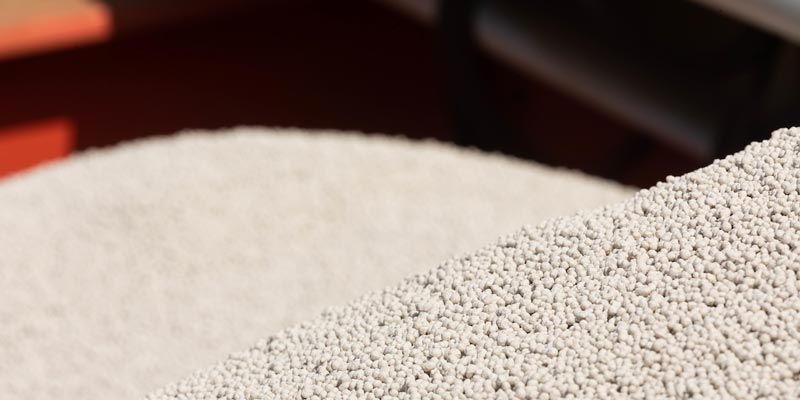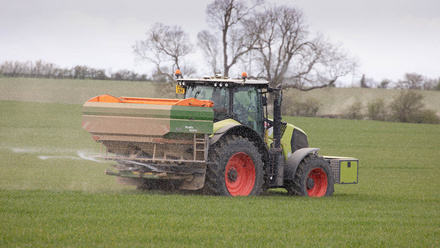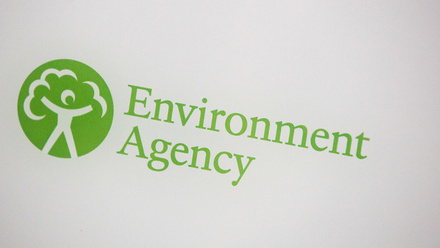UK to implement an Import Carbon Pricing Mechanism (UK-CBAM) by 2027

Yesterday, (18 December 2023), HM Treasury announced that goods from certain sectors imported into the UK from any country with a lower or no carbon price will have to pay a levy by 2027, ensuring products from overseas face a comparable carbon price to those produced in the UK.
The UK Carbon Border Adjustment Mechanism (UK-CBAM) will ensure highly traded, carbon-intensive products from overseas in the iron, steel, aluminium, fertiliser, hydrogen, ceramics, glass and cement sectors face a comparable carbon price to those produced here.
This action follows a year later than the EU’s version of CBAM, which will be fully implemented by 2026.
The new rules are therefore intended to "tackle carbon leakage", reducing the risk of production and associated emissions being displaced to other countries because they have a lower or no carbon price.
More on CBAM
The Government is concerned that carbon leakage undermines the country’s decarbonisation efforts as the world transitions to net zero.
The charge applied by UK-CBAM will depend on the amount of carbon emitted in the production of the imported good, and the gap between the carbon price applied in the country of origin - if any - and the carbon price faced by UK producers.
The design and delivery of UK-CBAM will be subject to further consultation in 2024, including the precise list of products in scope.
The Government is set to also engage with trade partners, including developing countries, and affected businesses and organisations, to minimise the impact on trade and the necessary compliance steps.
UK-CBAM will work alongside the UK Emissions Trading Scheme (ETS), which is being extended to at least 2050, to mitigate the risk of carbon leakage.
The ETS Authority is consulting on how to better target free allocations of carbon allowances for industries most at risk of carbon leakage, under the ETS.
The Authority will also review whether free allocation should be adjusted to reflect any changes to carbon leakage risk for given sectors.
It is also setting out plans to ensure the ETS market continues to offer an effective financial incentive that drives its participants to decarbonise, following a call for evidence last year, with industries being asked for their view on a range of potential measures – including on the design of a new Supply Adjustment Mechanism.
AIC will continue to track the events as they unfold, keeping Members informed of progress with the expected consultation.





